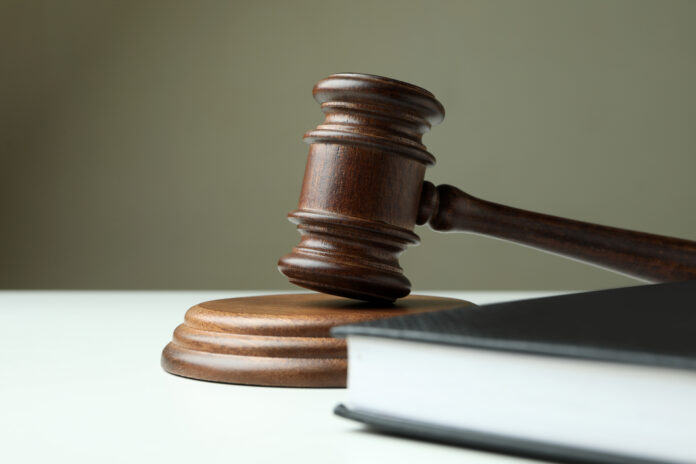Until you register a copyright, you can expect limited protection. Here’s what you need to know about copyright and registration.
You have probably heard that you have protection because you have copyright it as soon as you create a work and record it or write it down. This is correct, but the protection is limited. If you want the full range of protections and benefits that copyright law has to offer, registration is the way to go.
What Copyright Protects
A copyright protects an original artistic, literary, dramatic or musical work. This includes paintings, books, songs, movies, software, and even advertising copy. Copyright law does not protect ideas. The work must be in a tangible medium. As soon as a work is put into a tangible form, copyright it protection automatically applies — no further action is required. To be put in tangible form means that other people can read, see or hear the work.
As the creator of the work, you have the exclusive right to:
- Distribute or publish the work
- Make copies of the work
- Make derivatives of the work
- Perform the work
- Display the work
As the creator, you can sell or license any rights listed above. But, if anyone attempts to distribute, publish, copy, perform or display the work without your express permission, they will be infringing on the copyright.
Benefits of Copyright Registration
While copyright registration is not required for legal protection, you may enjoy significant benefits from filing. These include:
- Public Record. When a copyright is registered, it is published in the Copyright Office’s searchable database. Because it is a public record, it is easy for people to find and see that it is a copyrighted work.
- Ability to File an Infringement Lawsuit. If your copyright is not registered, you can’t file a copyright-infringement lawsuit.
- Validity of the Copyright. The registration certificate will provide factual evidence of the validity of your copyright in a copyright-infringement lawsuit.
- Statutory Damages. Without copyright registration, any financial recovery is limited to actual damages, which can be nominal or difficult to prove. However, you are entitled to statutory damages and attorneys’ fees if you register and have copyright it.
The copyright registration process involves filling out an application form, paying a fee, and submitting copies of the work to the Copyright Office. You can file a paper application or an online application. Save money and speed up the process by submitting online.
Why Copyright Registration Is Important for Businesses
Registering a copyright is not just beneficial to creatives and artists. Businesses can also benefit from registering the copyright for important software, company websites, and marketing/advertising materials such as photographs, graphics, and written copy.
Also, if you have plans to expand your business internationally, you’ll want to register your copyright. Therefore, any work protected by copyright law is automatically entitled to copyright protection in other countries. Registration is not required, but, as noted earlier, only registered and have copyright it are eligible for statutory damages and attorney and court fees.
Even though it is not mandatory, copyright registration provides valuable legal protection. It makes it easier for other people to find your protected material. It can help you avoid expensive and timely litigation. And it is essential if you ever find yourself filing an infringement lawsuit.


















